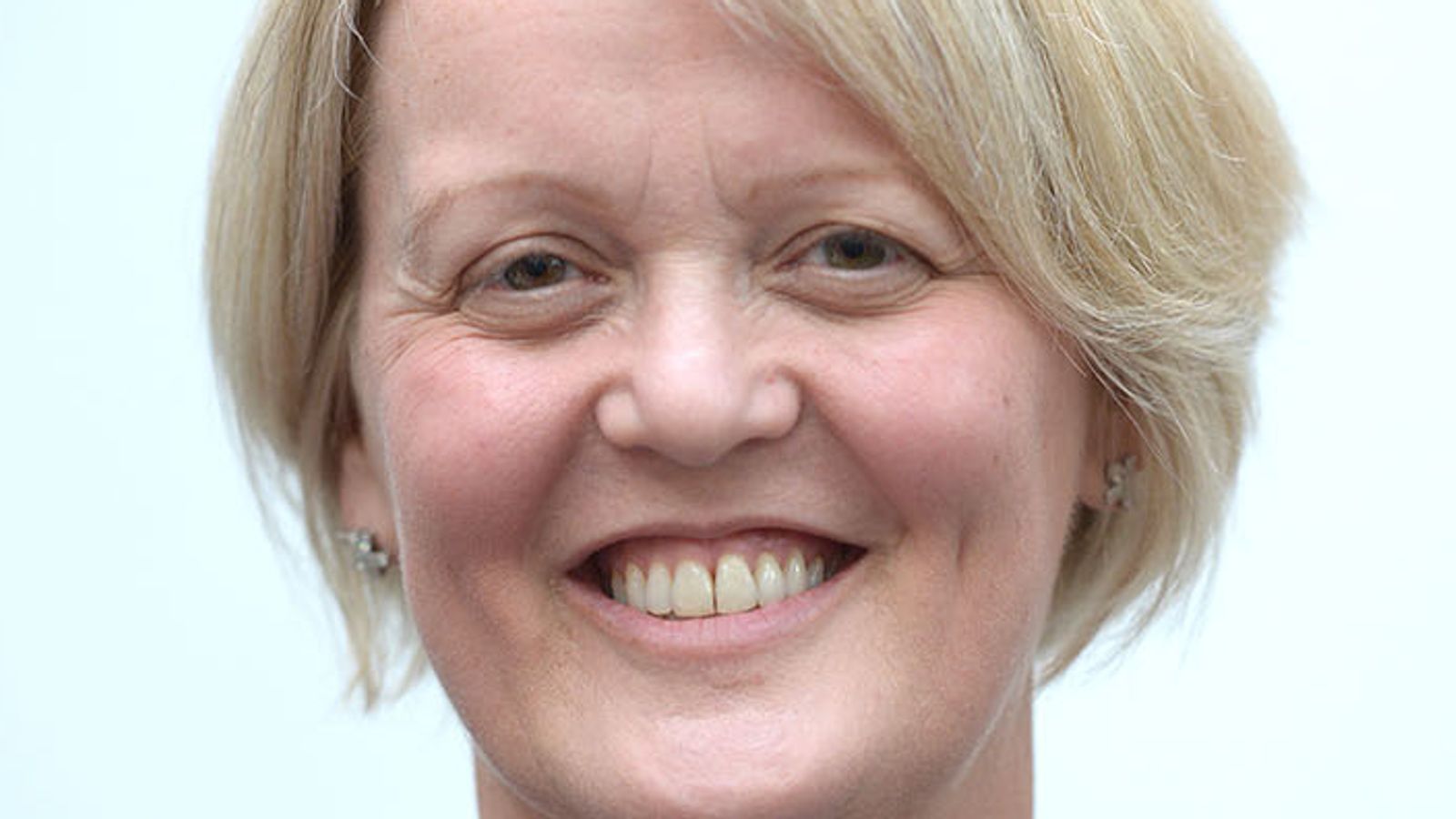NatWest Group is contemplating an audacious takeover bid for one of Britain’s biggest wealth managers in a move that would represent its biggest corporate acquisition since it was rescued by taxpayers nearly 15 years ago.
Sky News has learnt that NatWest is in the early stages of considering an offer for Tilney Smith & Williamson, which is being put up for sale by its private equity backers.
City sources said that the high street lender, which remains under minority state ownership, was among a substantial number of banks and financial investors which were likely to explore bids for Tilney.
The wealth manager, which manages more than £57bn for clients, is owned by Permira and Warburg Pincus, the buyout firms.
It is expected to fetch between £2.5bn and £3bn from a sale.
The two owners appointed investment bankers at Evercore to examine a sale or stock market flotation of the business, although the latter option may have been derailed by market volatility exacerbated by Russia’s invasion of Ukraine, according to insiders.
A sale process for Tilney – which is to be rebranded as Evelyn later this year – is scheduled to get under way in the next six weeks, they added.
P&O Ferries: Criminal and civil investigations opened into ferry firm after it sacked 786 employees
Ukraine war: Indian tech firm Infosys that Rishi Sunak’s wife owns shares in set-to-close office in Russia
London-listed miner Petropavlovsk lines up advisers for crunch debt talks
It is possible that Warburg Pincus acquires Permira’s stake, Bloomberg News reported earlier this year, although a number of other major banks are also expected to look closely at Tilney.
Alison Rose, NatWest’s chief executive, is said to be keen to expand the group’s presence in wealth management, where it owns the Coutts brand.
It is unclear how any acquisition of Tilney, which also owns the BestInvest platform, might fit with NatWest’s existing wealth operations.
Nevertheless, the fact that NatWest is expected to seriously examine an offer for Tilney underlines its recent resurgence.
It hit a significant milestone this week when a directed buyback of its shares reduced the government’s stake to below 50% for the first time since it was bailed out with £45.5bn of taxpayers’ money in 2008 and 2009.
For much of its first decade in state stewardship, the bank – then known as Royal Bank of Scotland – was banned from making acquisitions altogether.
Since those handcuffs were removed, it has bought a small number of businesses in the fintech sector as well as some larger mortgage and asset portfolios.
It made profits of nearly £3bn last year as the banking industry recovered from the chronic uncertainty it faced at the start of the pandemic.
Nevertheless, it has a market value today of £23bn, barely half what the taxpayer paid to save it from collapse.
Fred Goodwin, the chief executive at the time of RBS’s government rescue, became renowned as a fearless dealmaker who wildly overexpanded its balance sheet, leaving it vulnerable to the global financial crisis.
NatWest is also preparing for changes at the top, with chairman Sir Howard Davies expected to step down in the next couple of years.
Sky News revealed earlier this year that the bank was preparing to appoint headhunters to identify his successor.
NatWest declined to comment this weekend.






















